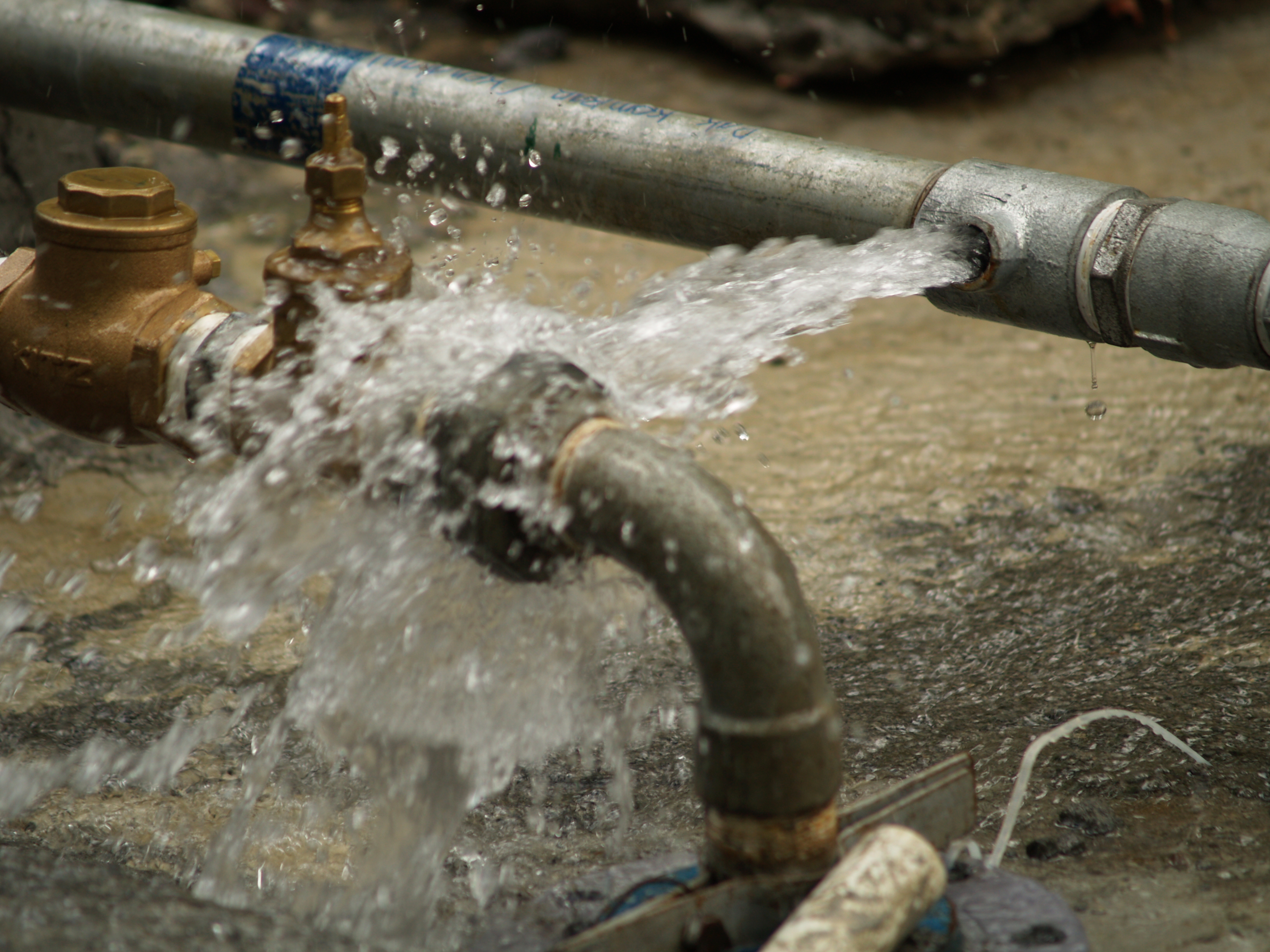What are your ideas on Got a Burst Pipe? Turn Off Your Main Water Valve?

You need to understand how to turn off your main water line if you deal with a ruptured pipe. Don't wait on a plumbing emergency before finding out just how to get this done. Besides, besides emergency leakages, you will need to switch off your primary water shutoff for plumbing fixings or if you leave for a long journey. Discover even more about it in this small overview.
Must This Always Be Turn off?
Other than emergency situations, repairs, or long holidays, you may not need to turn off the main valve. For example, if only one component has issues, you can turn off the branch valve because spot. In this manner, you can still utilize water in various other parts of the house. For best results, call a dependable plumber for emergencies.
Why Must You Shut the Main Line Off?
Acquainting on your own with just how your mainline activates and off can conserve you during an emergency. For instance, when a pipeline unexpectedly bursts in your house, you'll be besieged with panic. Hence, you can readily shut the valve off and protect against a lot more damages if you understand what to do. Furthermore, shutting this off assures you do not need to manage a sudden flooding in your house.
On top of that, closing and opening up the shutoffs periodically guarantees they do not get stuck. It is additionally the very best time for you to evaluate for rust or various other broken links. Furthermore, make it an indicate inform various other relative on what to do. This makes regular upkeep and taking care of emergencies so much less complicated. You can potentially conserve on your own hundreds of dollars in repairs.
Where is This Key Valve Found?
The primary water line supply can vary, so you might need to locate time to determine where it is. Sadly, when your residence is obtaining drenched as a result of a ruptured pipeline, you don't have the luxury of time during an emergency. Thus, you should prepare for this plumbing predicament by learning where the valve lies.
This shutoff valve might appear like a sphere valve (with a lever-type deal with) or a gateway shutoff (with a circle spigot). Positioning relies on the age of your residence and the climate in your location. Inspect the following usual areas:
What to Do When a Pipe Bursts in Your Home
A burst pipe is one of a homeowner's worst nightmares. Not knowing the signs and being unprepared for this plumbing issue can result in more water damage and clean up. Here are the warning signs of a pipe about to burst and the steps you can take if it happens.
Warning Signs for Burst Pipes
Rusty, discolored water with a bad smell Puddles under your sinks Abrupt changes in water pressure A spike in your water bill Clanging noises coming from pipes behind the walls What to Do When a Pipe Bursts
Turn off your water. The sooner you do this, the better. Shutting off your main valve will help minimize the damage to your home.
Drain the faucets. After the water has been turned off, drain the remaining water by opening your faucets. Doing so will help prevent areas from freezing and also relieve pressure within your pipe system to avoid more bursts.
Locate the burst pipe. Look for bulging ceilings, warping and other signs of where the water damage has occurred. Once you locate the pipe, you will be able to determine if it is a small crack that can be patched or a major repair that needs to be dealt with right away.
Call a professional. If you need significant repairs, contact a professional to come in as soon as possible. At Mr. Rooter Plumbing of Oneida, we offer 24/7 emergency service for your convenience.
Document the damage. If you have extensive pipe damage, be sure to take photos of the affected areas so you can document a claim with your insurance. Take close-up photos of the damage and use a measuring tape to show how high the water is. You should also take photos from different angles for a wider picture of the affected areas.
Start cleaning. After you have documented the damage, start cleaning up the water as soon as possible. The longer the water sits, the higher the chance that mold will develop.
https://www.mrrooter.com/oneida/about-us/blog/2020/june/what-to-do-when-a-pipe-bursts-in-your-home/

Do you enjoy more info about ? Write a remark further down. We'd be interested to know your opinions about this entry. We are looking forward that you visit us again before long. Don't hesitate to take the time to distribute this page if you enjoyed reading it. Thank-you for taking the time to read it.
Need fast plumbing resolution? Call.